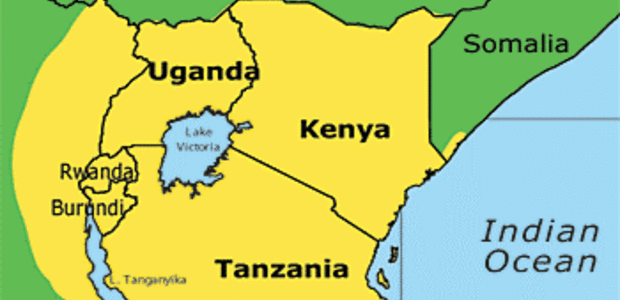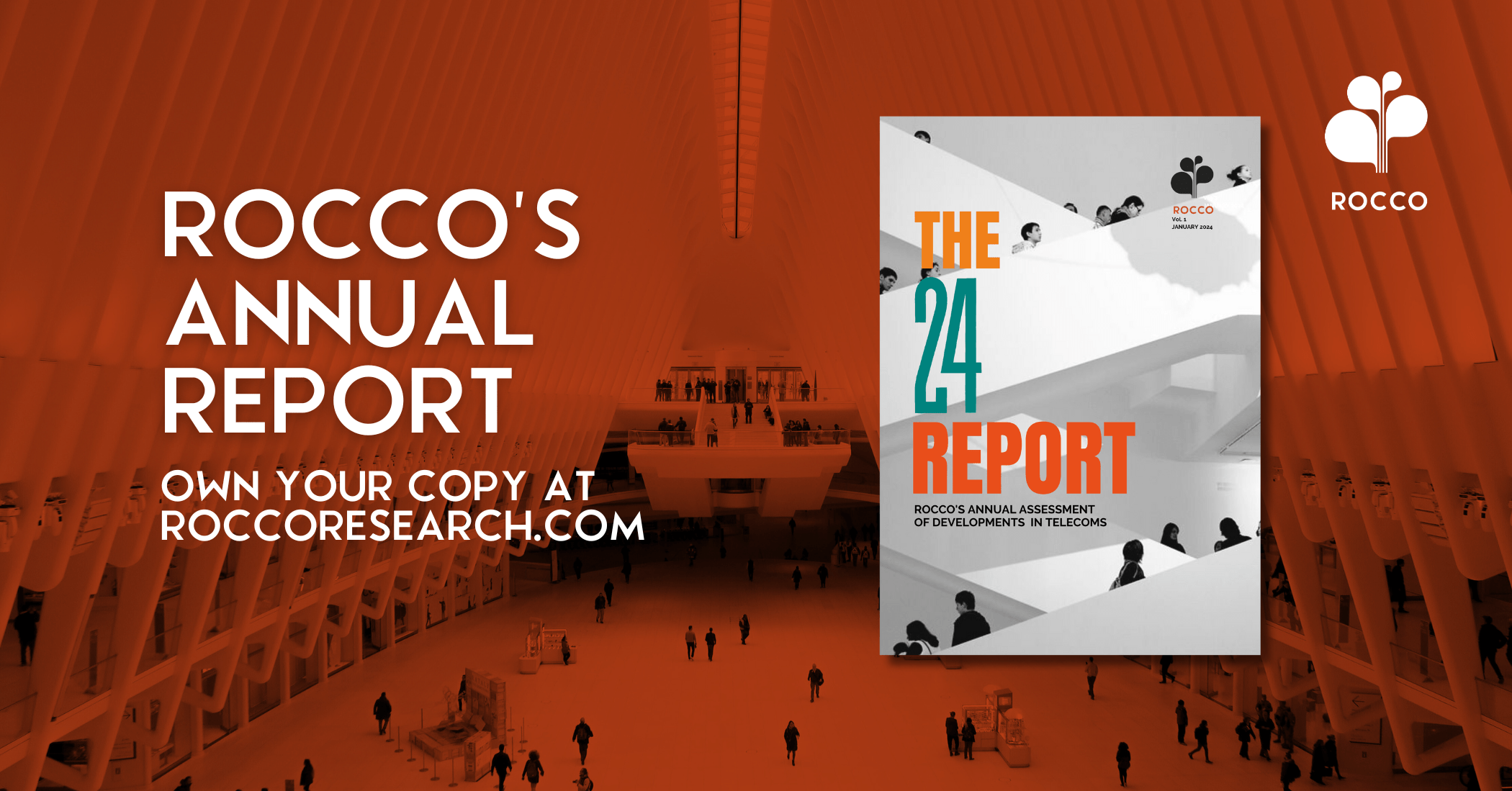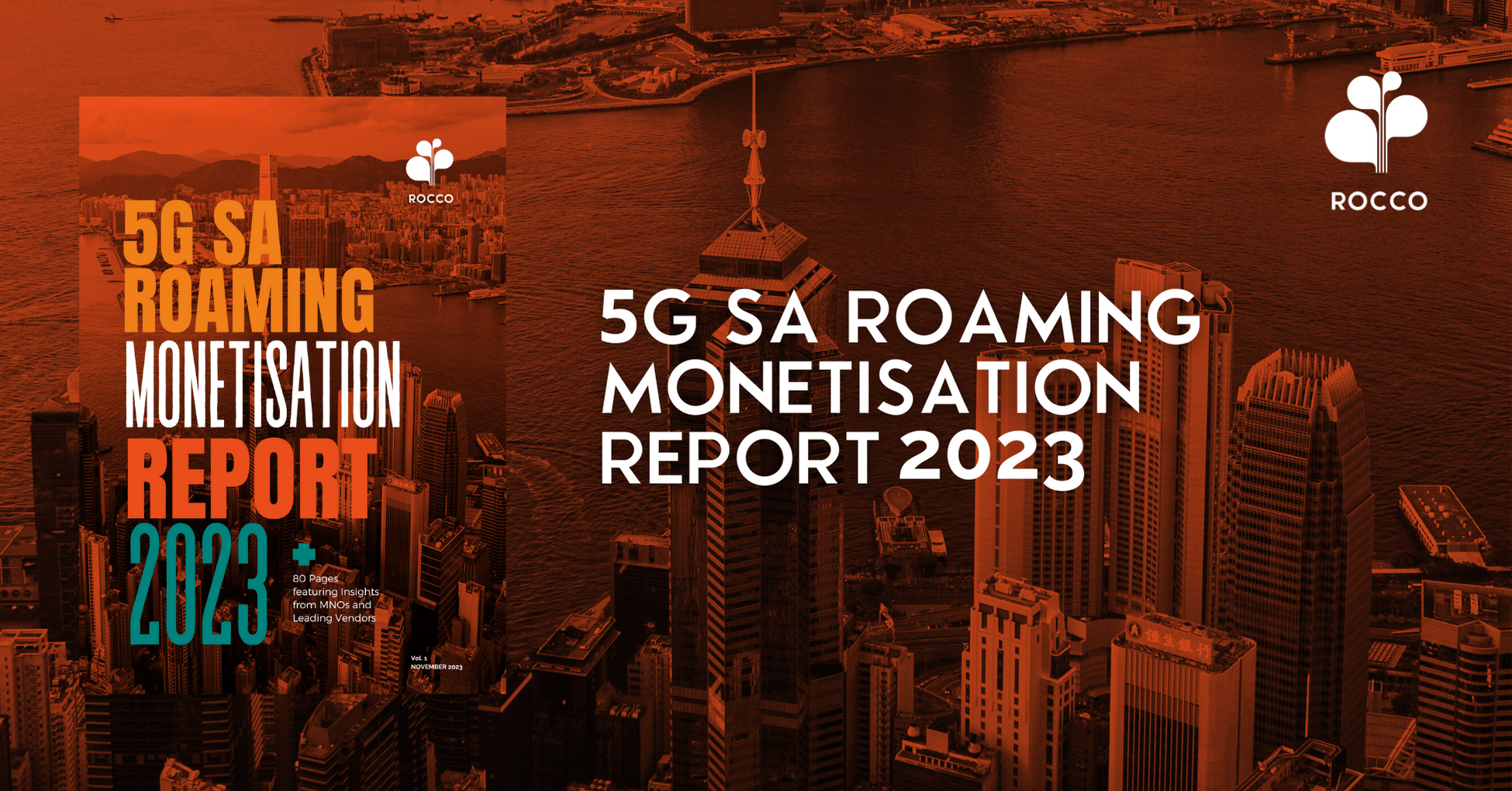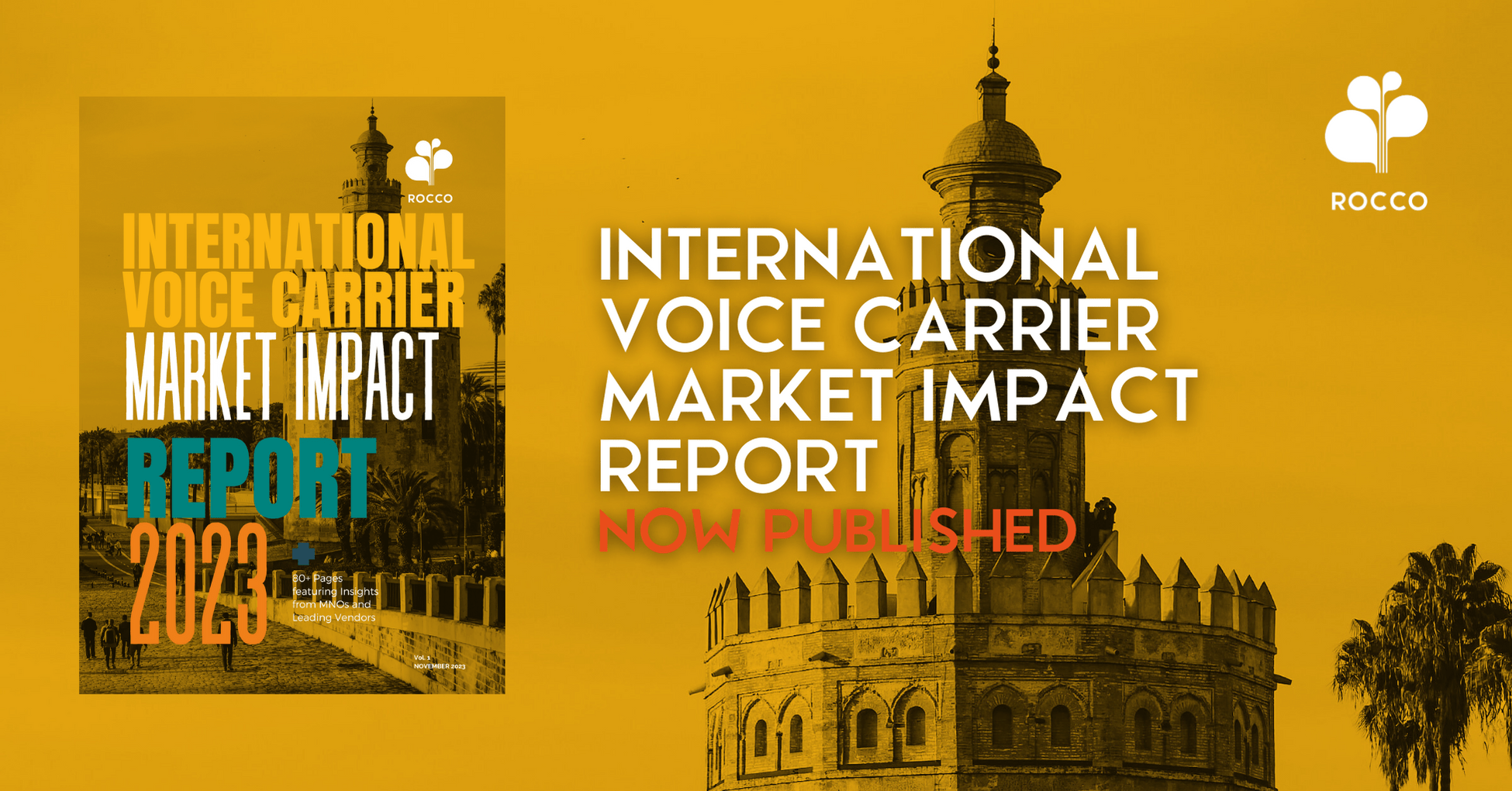 Telecom firms operating in Rwanda, Uganda, Kenya, and South Sudan implemented a directive by the Heads of State to cut the data roaming rates by July 1 under the One Area Network initiative. The development, where data roaming rates have been cut by up to 80 per cent, means that Rwandans will roam in Uganda, South Sudan and Kenya at much lower charges, local telecom firms have said. The reduction of data roaming rates by the Northern Corridor countries will help spur trade, the private sector players have said.
Telecom firms operating in Rwanda, Uganda, Kenya, and South Sudan implemented a directive by the Heads of State to cut the data roaming rates by July 1 under the One Area Network initiative. The development, where data roaming rates have been cut by up to 80 per cent, means that Rwandans will roam in Uganda, South Sudan and Kenya at much lower charges, local telecom firms have said. The reduction of data roaming rates by the Northern Corridor countries will help spur trade, the private sector players have said.
Tigo subscribers and roaming visitors on the Tigo network are now browsing at Rwf90/MB ($0,11) down from Rwf440 ($0,56) previously, a development private sector players say will ease business between member states and deepen integration. The rates will apply when the telecom’s subscribers are visiting Uganda or Kenya.
Tigo’s local data tariff is Rwf51/MB, ($0,06) while an SMS from Rwanda to Uganda, Kenya or South Sudan is now at Rwf45 ($0,05) per from Rwf75 ($0,09). Voice calls to Kenya, Uganda and South Sudan will cost Rwf68, Rwf60, and 60, down from Rwf128, Rwf256 and Rwf245 respectively.
MTN customers roaming in Kenya, Uganda and South Sudan will now browse at Rwf88/MB under a new tariff, down from Rwf408, Teta Mpyisi, the telecom firm’s senior manager for brand and sponsorship, said over the weekend.
The Northern Corridor Heads of State summit held in Kampala, Uganda last year directed telecom operators and regulators to fast-track reduction of data charges and review taxes downward, setting July 1 as the implementation deadline for the uniform data roaming rates. The member states agreed to cap the minimum roaming charges in the four countries to help boost integration of the East African Community (EAC).
According to the Private Sector Federation (PSF), the development will ease communication and further improve the business environment in the region.
Eric Kabeera, the PSF head of communications and marketing, said communication was, previously, a big challenge because of high data roaming charges, noting that with uniform and reduced data roaming fees, the cost of operation will decrease.
“High communication charges were regarded as one of the trade barriers in doing business across the region. This has hard adverse affects on business growth in the region, especially among small-and-medium (SMEs) sector most of whom operate with limited capital and other resources. So, the reduction in data roaming charges across the Northern Corridor presents a big relief on the part of the private sector players as it will support traders and deepen the integration process generally,”
Kabeera said.
 He said the business community would like the initiative to be extended to other East African Community (EAC) countries, Tanzania and Burundi, which are currently not members of the One Area Network initiative.
He said the business community would like the initiative to be extended to other East African Community (EAC) countries, Tanzania and Burundi, which are currently not members of the One Area Network initiative.
Victor Nkindi, the Hooza Media Convergence chief, said the move will have a positive impact on cross-border trade, and help increase penetration of financial services in the rural population. He said it will also support the region’s initiatives that support ICT development, allowing “some of us in the telecom industry to optimise opportunities in areas, like tourism, leisure, transportation, and e-governance, ensuring sustainable sector growth.”
Nkindi, however, noted that the development could require capacity building for telecom facilities, saying there will be an upsurge in data usage that could affect telecom networks.
Commenting on the development, Philip Amoateng, the Tigo Rwanda chief executive officer, said data services under the One Area Network arrangement will ease the cost of doing business in the EAC bloc.
“Tigo will continue to be an enabler for individuals and businesses as they access different digital services online, thanks to our stable and affordable Internet services,”
Amoateng said.
A similar initiative under the voice segment saw call rates cut by over 60 per cent by regional telecoms, creating a surge in cross-border calls of about 400 per cent for some telecoms.
“The One Area Network initiative has enabled people across the region to communicate freely and strengthen business and social ties, which we support”
Airtel MD Michael Adjei said in an earlier interview. Adjei added that the move increased access and affordable rates, noting that it is crucial for regional economies.
Source: The New Times









